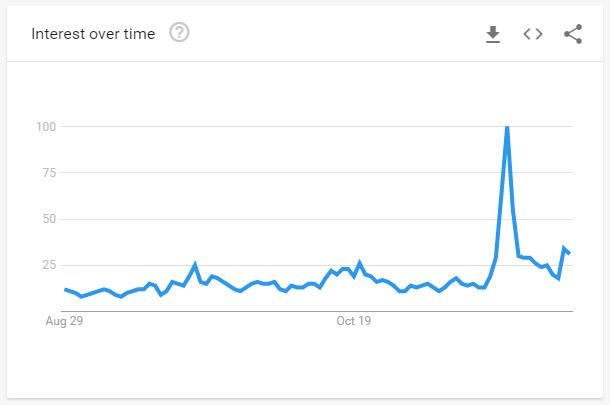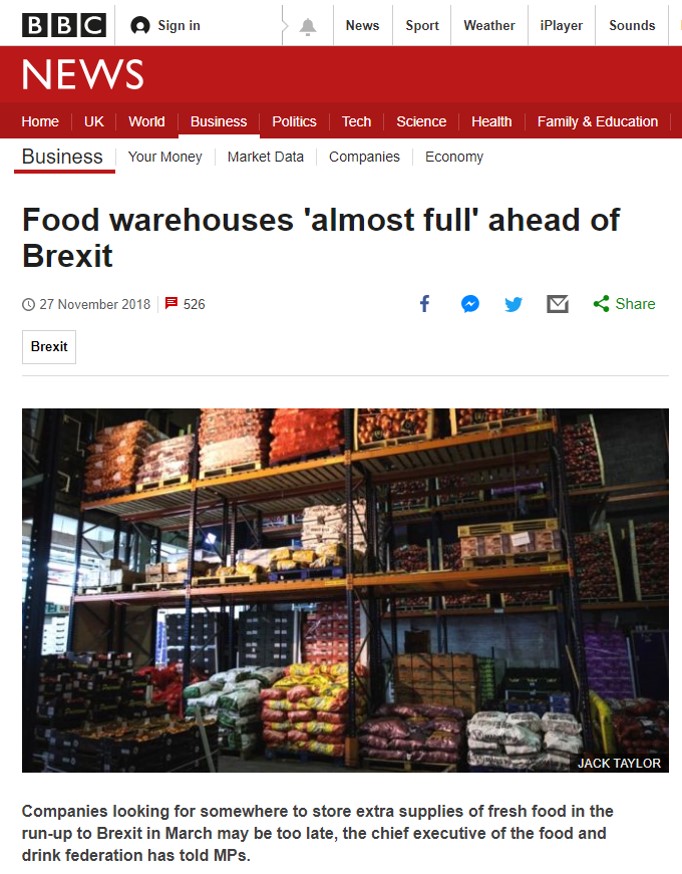Estimated Reading Time [est_time]
5 areas to consider ahead of the UK Parliament going to a crucial vote.
You can’t get away from it. Brexit this, Brexit that. The Prime Minister has an agreement with the European Union but still needs Parliament to support the agreement otherwise who knows what might happen. It is apparently the only deal that will satisfy the European Union.
But what impact is Brexit having on search marketing?
1. Uncertainty
The more the market is unsure of the future, the more fearful people are to invest and commit to things. Be that buying a property or new car, getting a loan, booking a holiday, or signing up to the gym. Many things we commit to in our lives are a longer term purchase and with instability in the market, these decisions get suspended until we are confident. This could mean we still see people searching as their plans or dreams are still important, but their commitment to buy may be reduced, hence reducing overall conversion rates.
2. Confidence
With any level of uncertainty in the market comes the feeling of insecurity and vulnerability. This in turn can make people cautious to commit or even impact buying behaviours to stockpile food and water supplies in extremes.
Knowledge and information builds confidence, so when we review recent searches we can see a peak in research around Brexit, as well as a noted increase in topics such as immigration, borders, passports etc…
3. Keywords
Alongside the obvious trend in regards to the increase in “brexit” keywords being searched, there may be a general decrease in buying terms but increase in researching terms.
Buying terms suggest those where people are committed e.g. “book flight tickets Gatwick to Amsterdam”, “buy black dress next day delivery”, “book removal van”.
Research terms might be “how long does it take to fly from uk to holland”, “what to wear to xmas party”, “how much can I borrow”, “house prices near me”.
People will still be purchasing but we might expect to see more research, more comparison of prices or protected purchases with no cancellation fee.
4. Bid prices
Controversially the bid prices could decrease as cautious business owners pull the media spend back. Less competition bidding for the same terms means lower bid prices.
On the other hand people may be bidding more aggressively to make sure they do appear first and capture the fewer people committing to buy.
5. Competition
We have seen the High Street chains tumbling into administration, and online only brands with lowered overheads popping up left, right and centre. This puts pressure on everyone advertising to stand out from the crowd. The more online advertisers, the more the bids go up, the more choice there is for the consumer and the more research they may do before committing.
What does this all mean for search marketers? Well we cannot be sure but we can be analysing the data based on the above. For example, if your conversion rate is down, is the traffic up on research terms and down on buying terms? If your bid prices are up or down, run an auction insights report to understand if any of your competitors look to be pulling back on budgets, or being more aggressive?
There are many unknowns, as is the nature of search marketing, so keep your ear close to the ground and ready to react!









